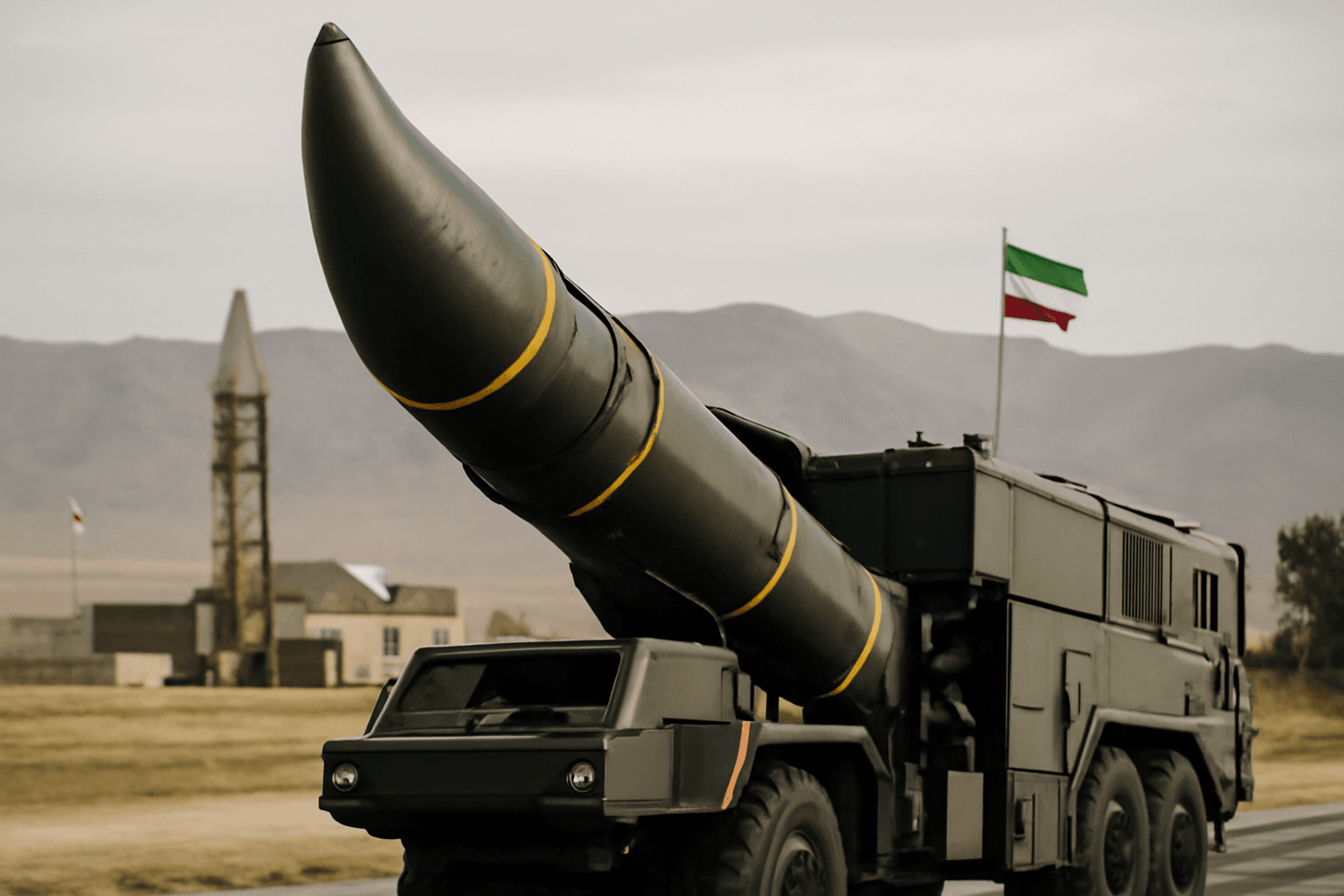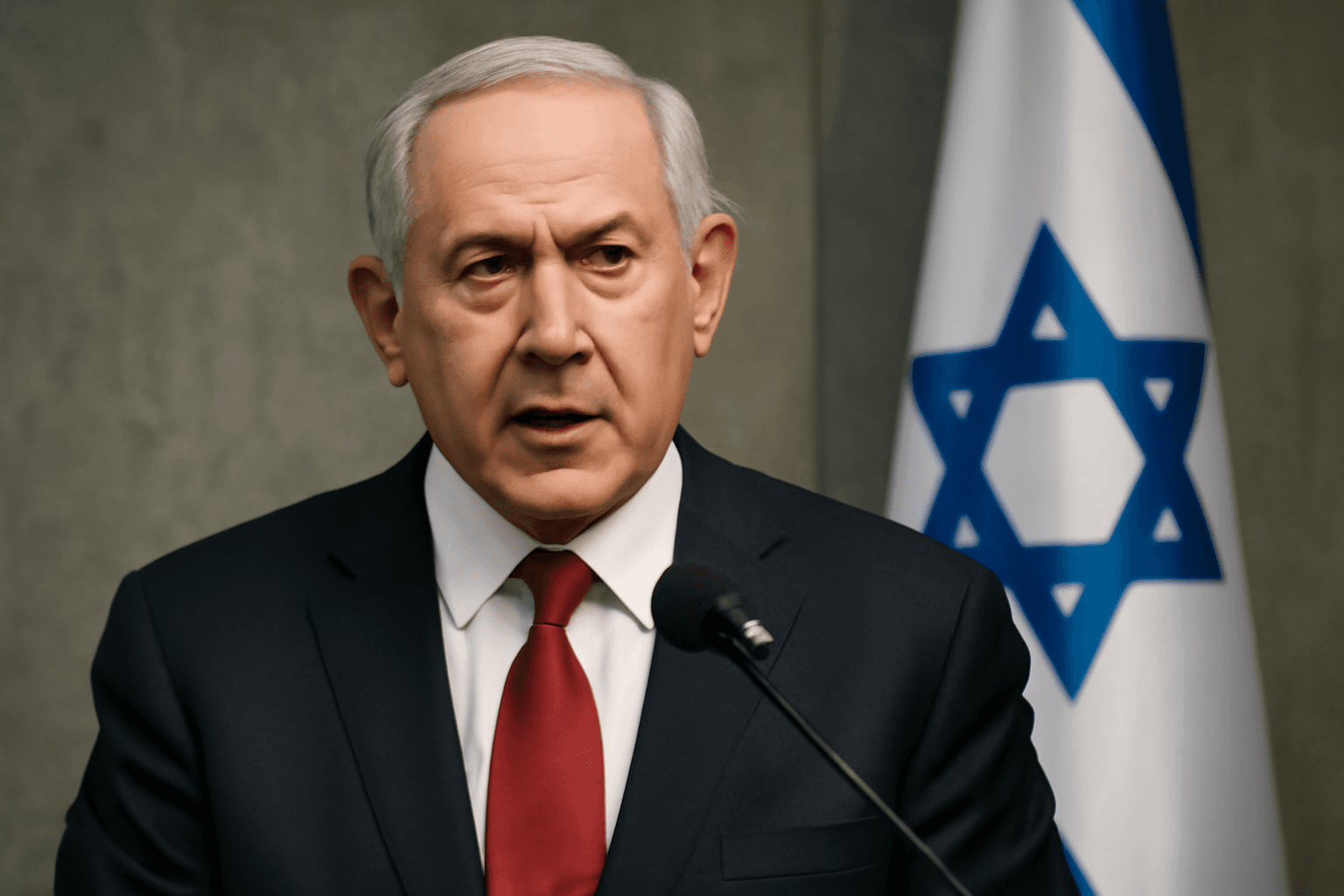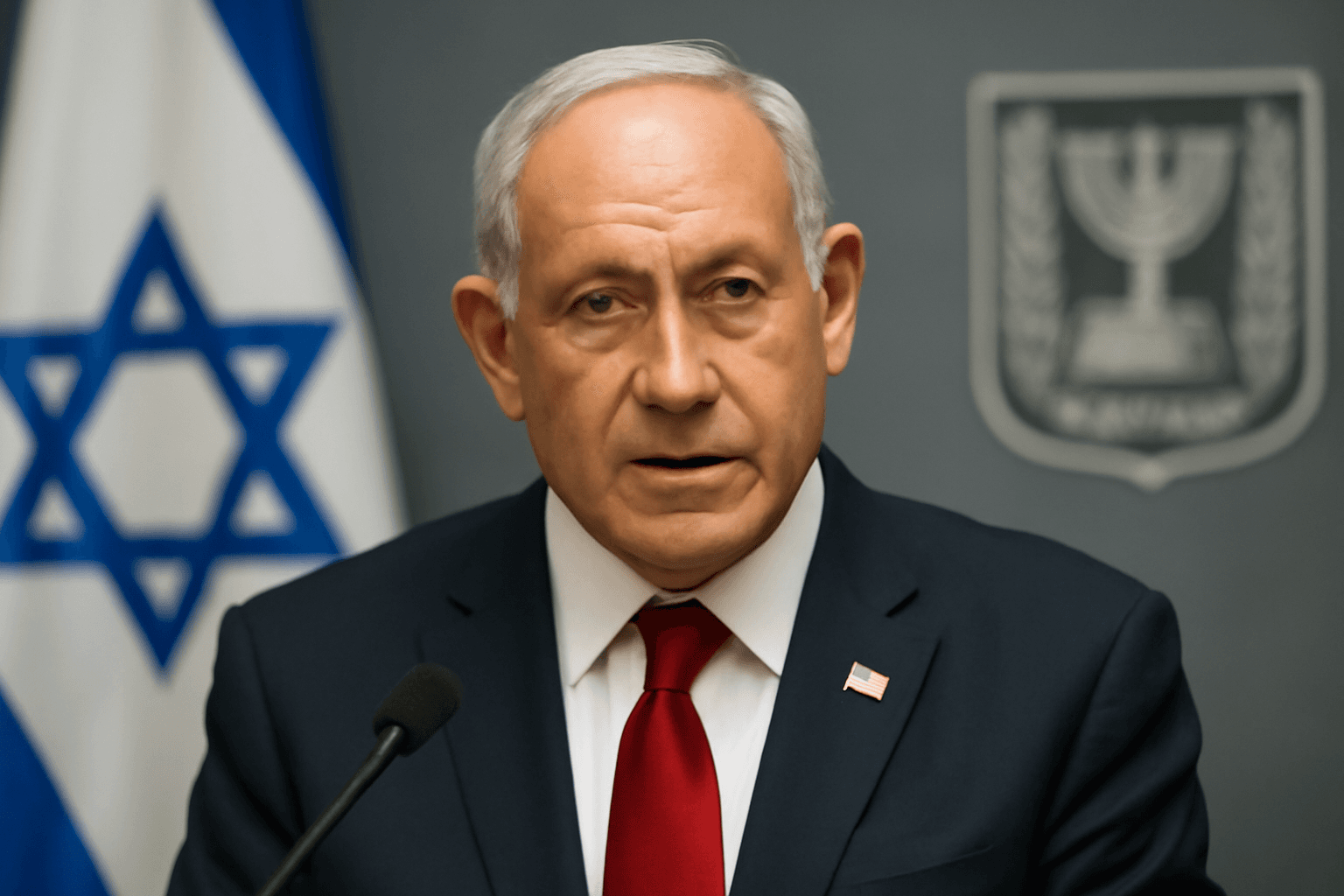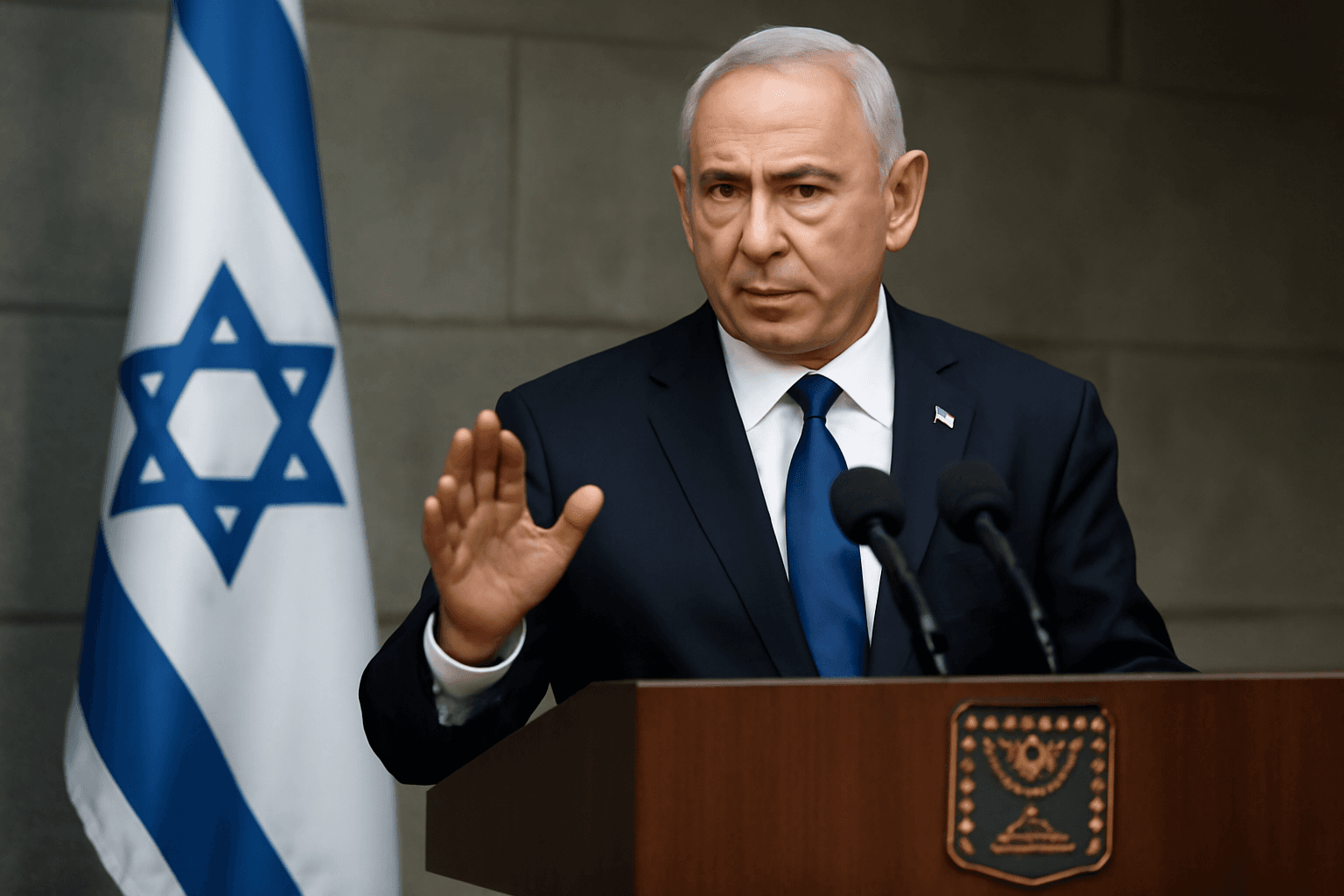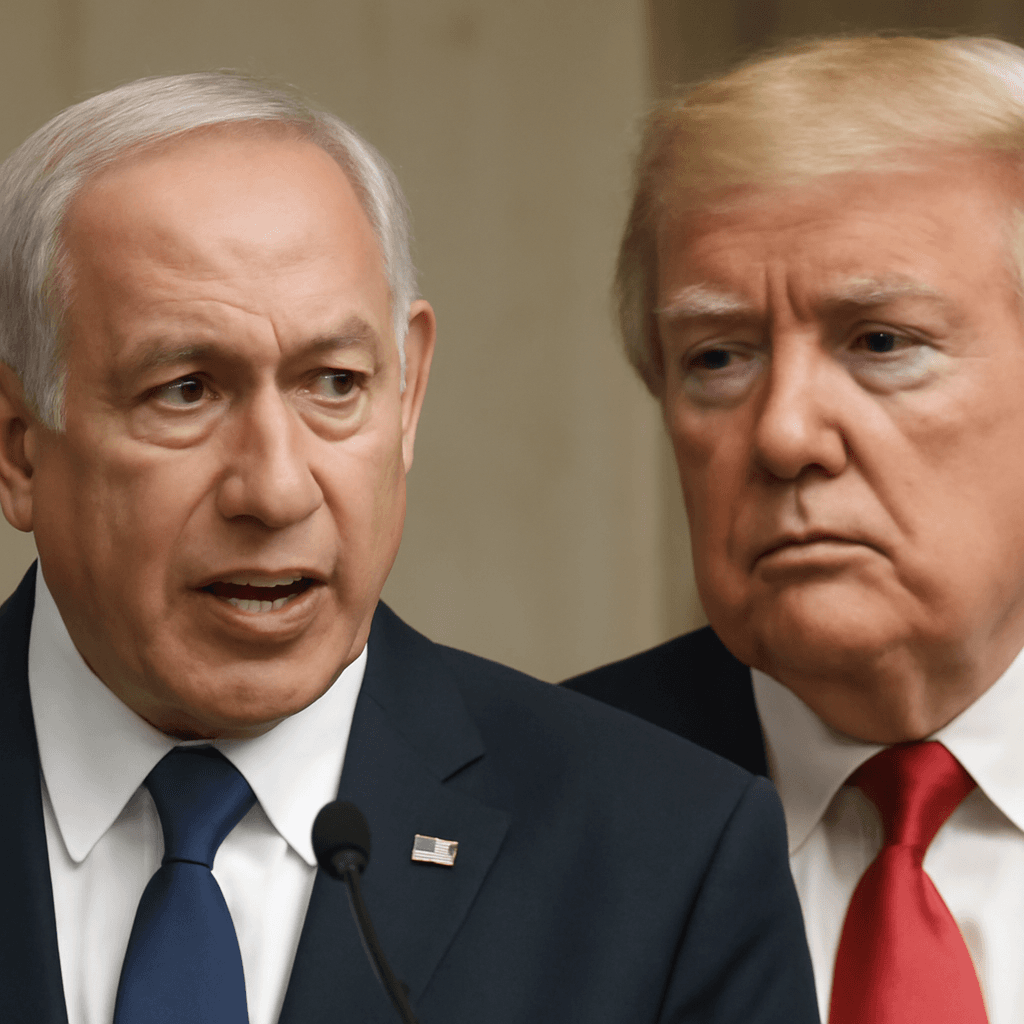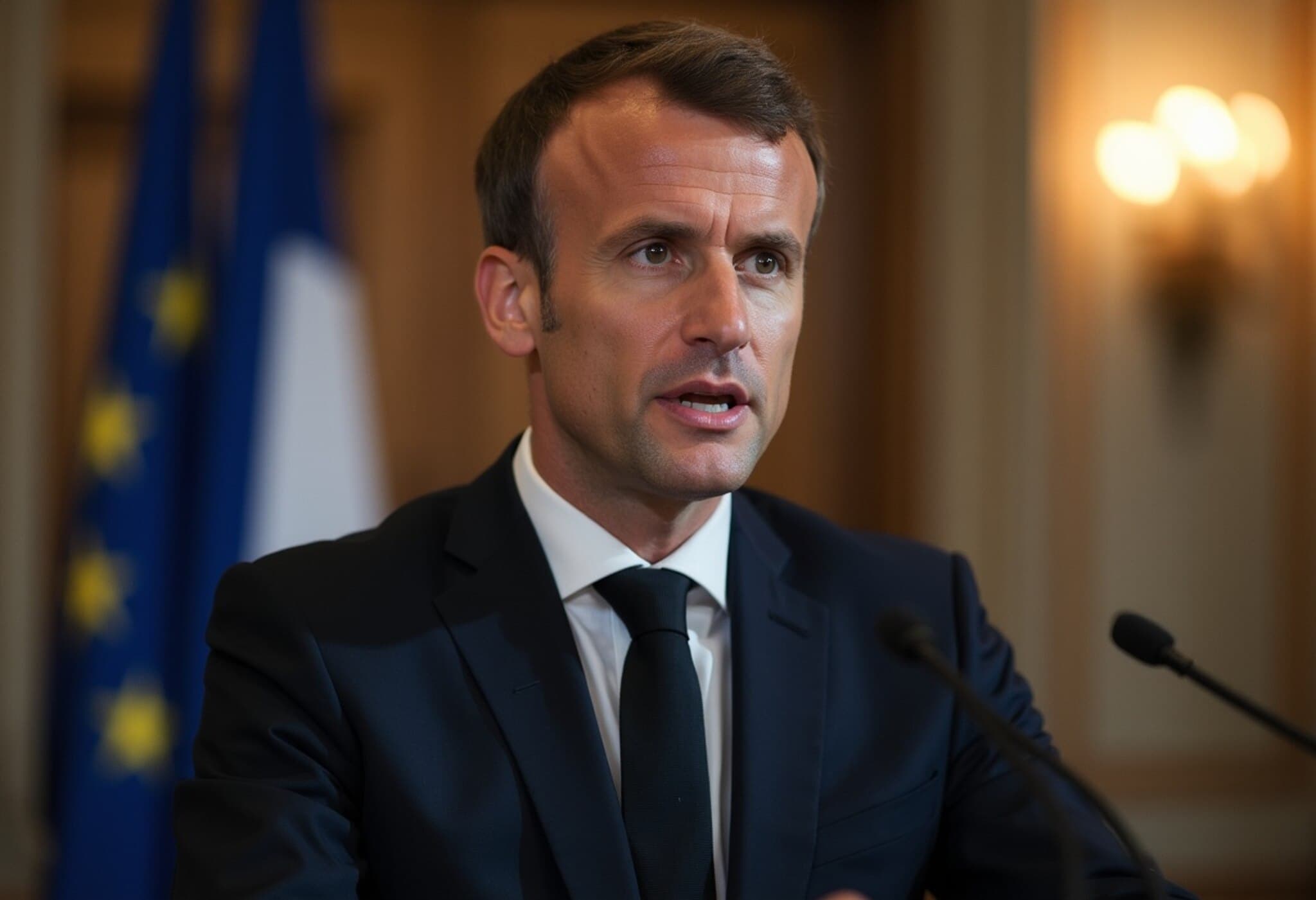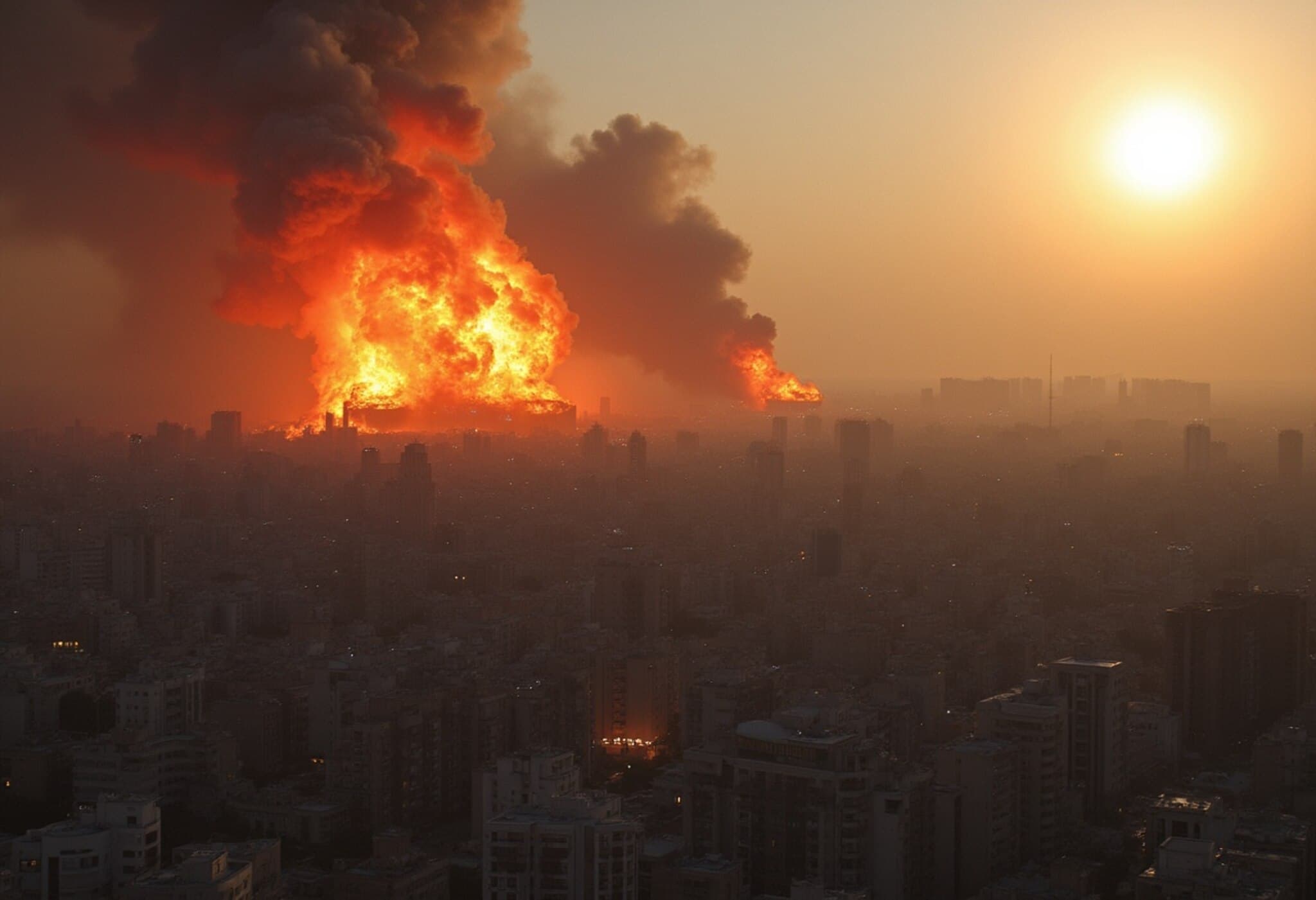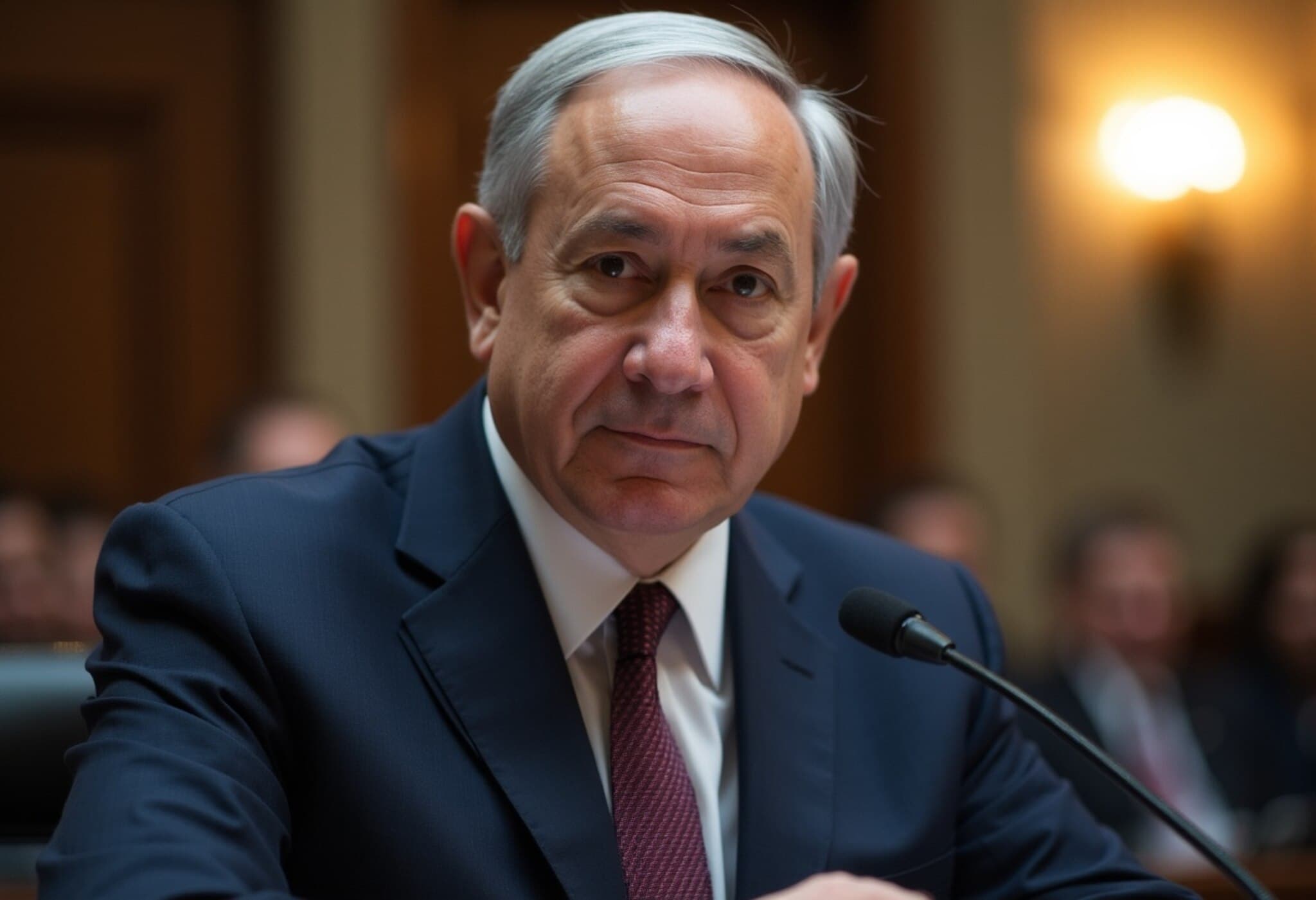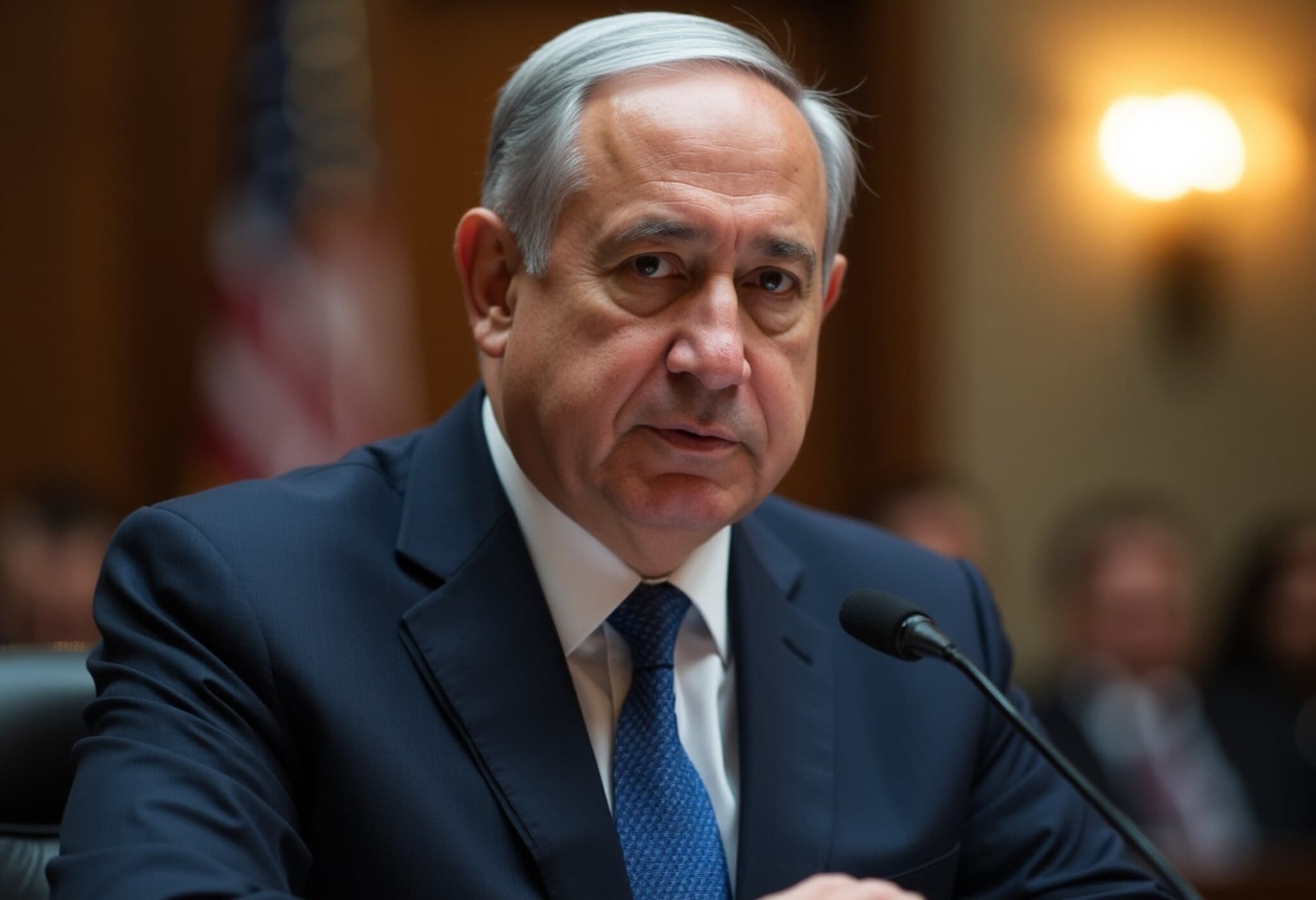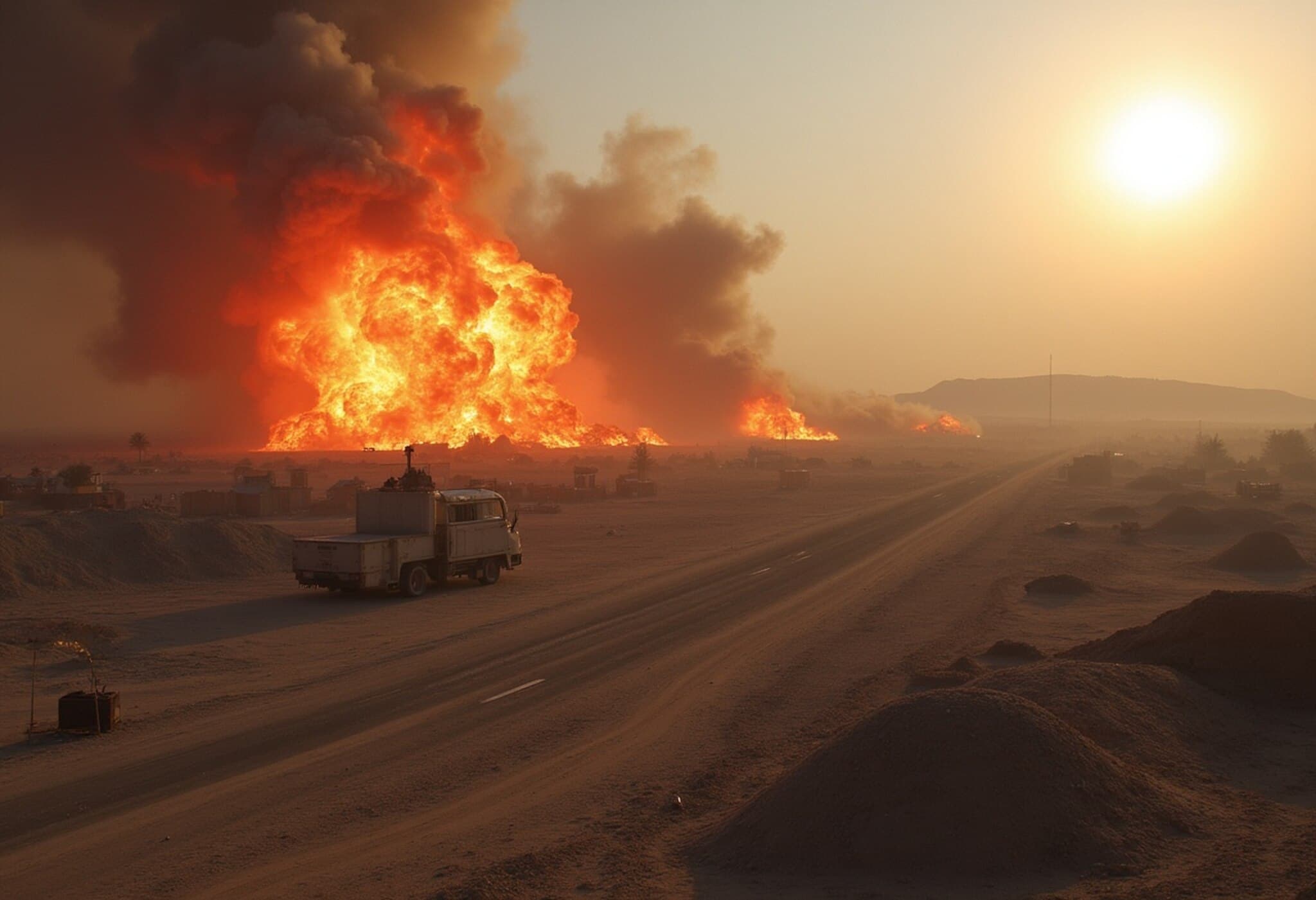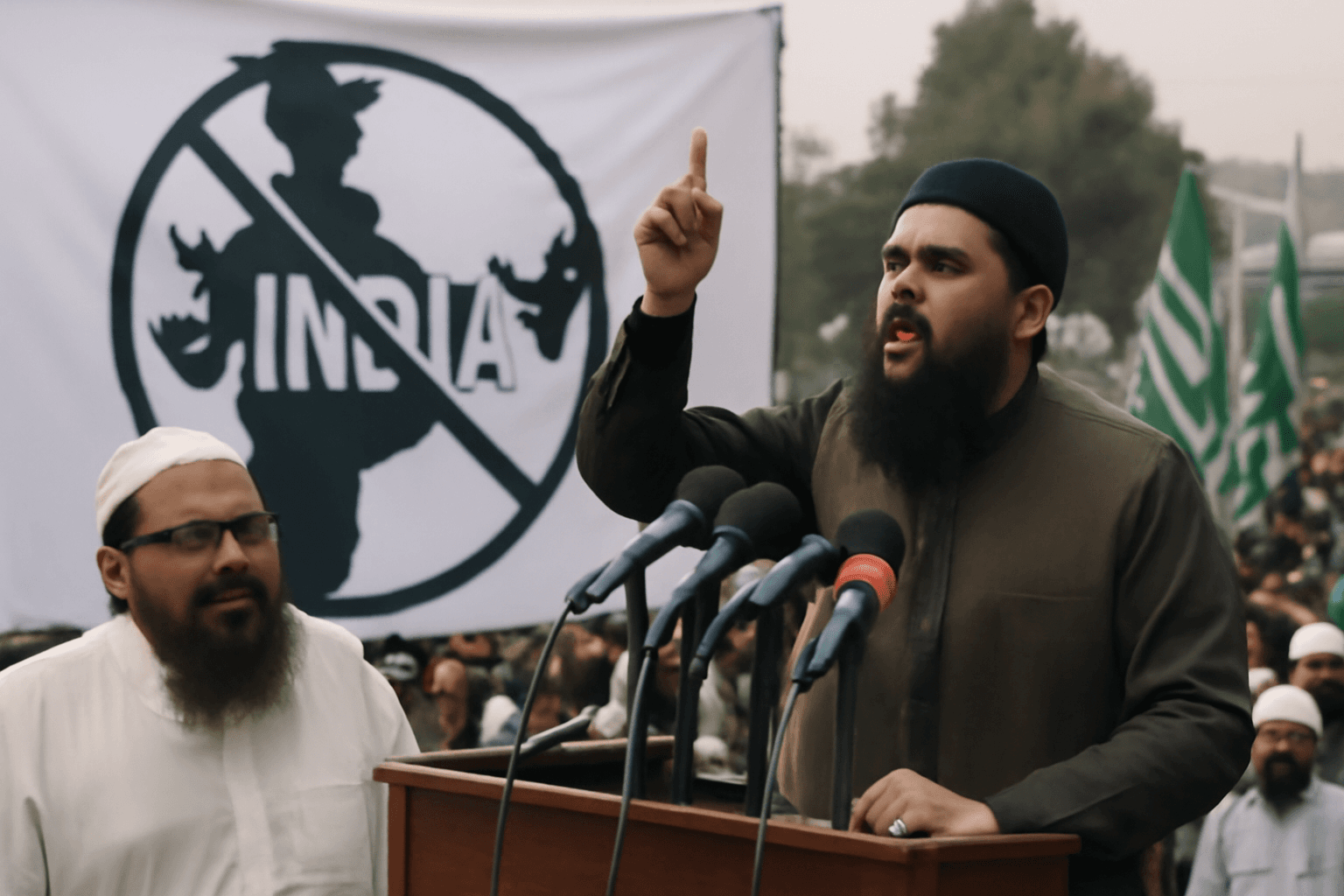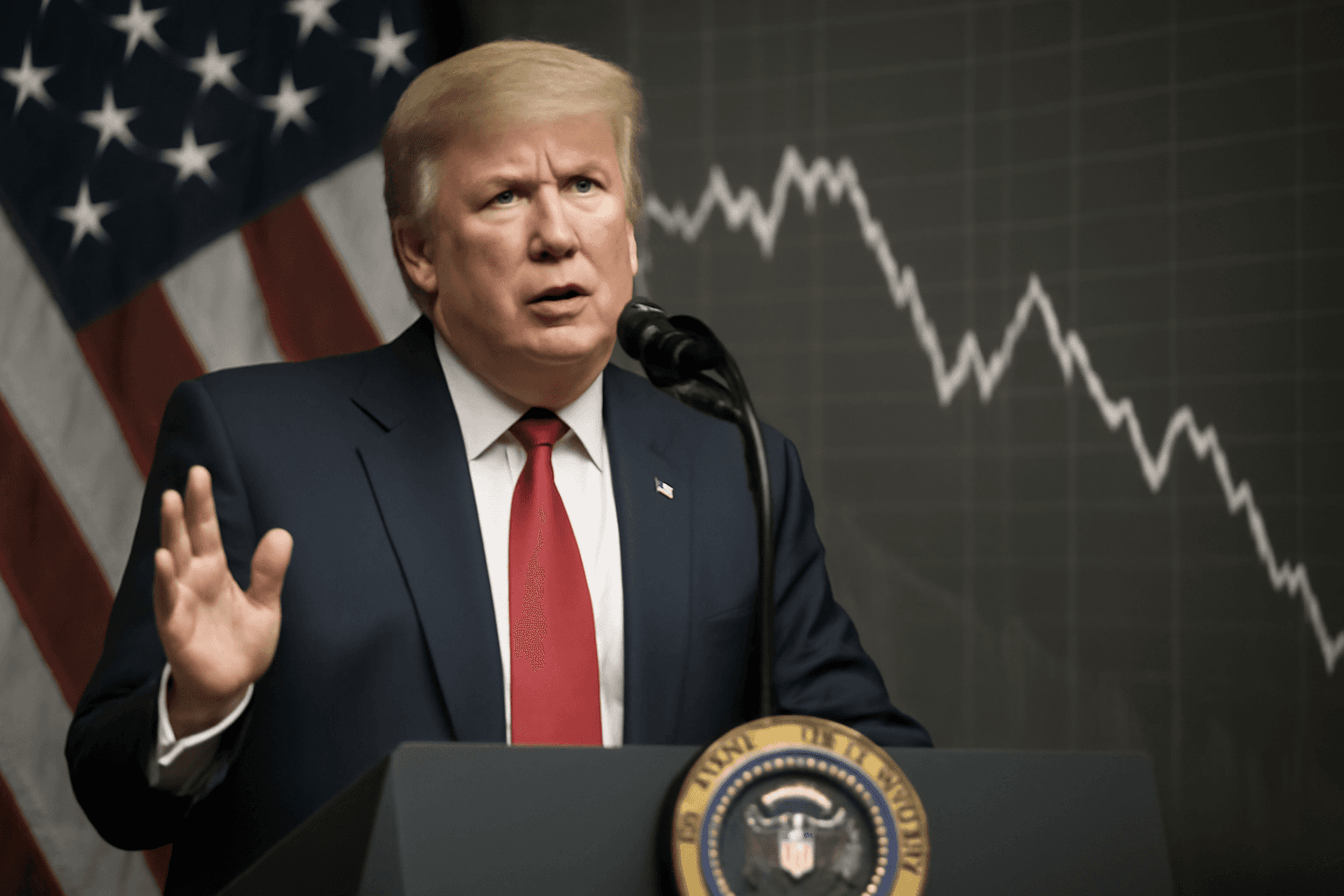New Delhi: A recent intelligence report from Austria's Federal Office for the Protection of the Constitution highlights Iran's progression toward developing nuclear weapons capable of long-range missile strikes. This comprehensive 211-page document starkly contrasts the prevailing assessment by the United States intelligence community.
The report emphasizes that Iran is aggressively pursuing nuclear armament to secure its regime and extend its influence throughout the Middle East and beyond. It asserts that Tehran's nuclear weapons program is well advanced, supported by a growing ballistic missile arsenal capable of delivering nuclear warheads over considerable distances.
Specifically, the Austrian intelligence agency mentions the Iranian threat over 99 times in the report. It further identifies Iran's embassy in Vienna as one of Europe's largest, alleging that it serves as a cover for intelligence operatives engaged in procurement activities for military and proliferation-sensitive technologies.
The document also recalls the 2021 conviction in Belgium of Asadollah Asadi, a former Iranian diplomat stationed in Vienna, found guilty of attempting to bomb a 2018 opposition rally near Paris attended by thousands of Iranian dissidents, including Rudy Giuliani.
In contrast, the US Director of National Intelligence stated in a March Senate hearing that the American intelligence community continues to assess that Iran is not currently developing a nuclear weapon, noting that Supreme Leader Ayatollah Ali Khamenei had suspended such a program in 2003.
Additionally, the Austrian report accuses Iran of establishing sophisticated sanction-evasion networks benefiting countries like Russia. It also highlights Tehran's ongoing support for Hezbollah, Hamas, and Syrian militias, all designated as terrorist organizations by the US.
The findings pose potential challenges to diplomatic efforts by the US administration under President Donald Trump, who has expressed interest in negotiating with Iran over its nuclear ambitions. A White House spokesperson reaffirmed the commitment to preventing Iran from acquiring nuclear weapons or the capability to produce them.
European intelligence from 2023 corroborates ongoing Iranian efforts to circumvent US and EU sanctions to acquire nuclear technology, indicating intentions to test atomic weapons. These activities occurred before and after the 2015 Joint Comprehensive Plan of Action (JCPOA), commonly known as the Iran nuclear deal.

